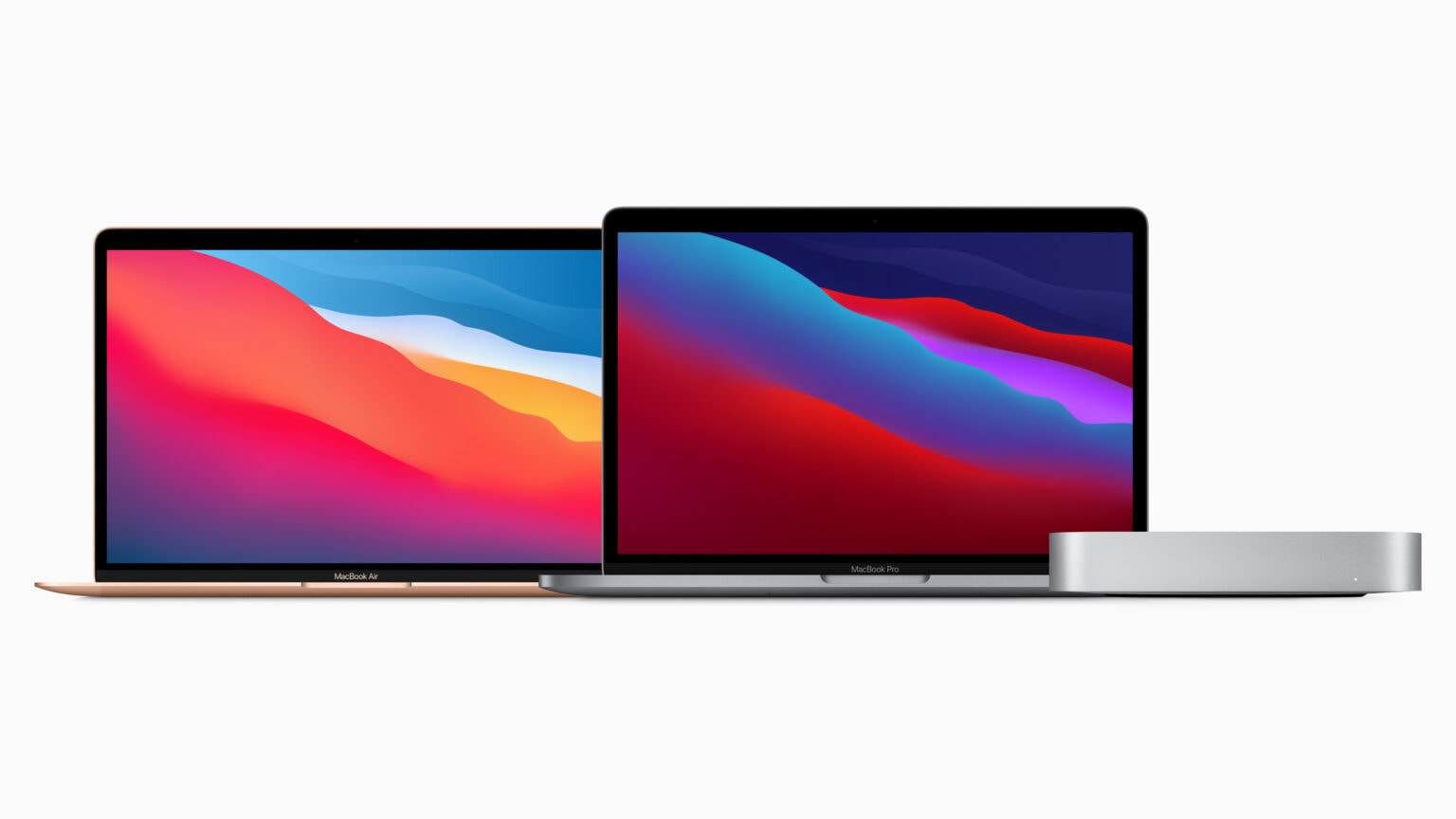Apple could be planning to stop apps written for Intel chips from working on M1-powered Macs.
New code discovered in the latest macOS Big Sur 11.3 beta suggests Apple might remove Rosetta 2, the software that translates older software to run on the new generation of Macs, at least in some regions.
When Cupertino announced its intention to switch Macs from Intel processors to proprietary Apple Silicon, Rosetta 2 promised to make the transition seamless. It works extremely well, in some case allowing apps to run faster on M1 Macs than on the Intel chips it was originally coded for.
Many developers quickly updated their software to run natively on Apple Silicon, and more do so every day. However, many apps remain coded for Intel CPUs. An M1 version of Adobe’s Photoshop app, for instance, is currently in beta.
Other popular apps like Microsoft Teams, Discord and WhatsApp aren’t yet optimized to run natively on M1 Macs, either. These apps will run on the the new M1-powered MacBook Air, MacBook Pro and Mac mini — but only because Rosetta 2 translates them in real time.
For reasons currently unknown, it looks like Apple might remove this powerful translation software from Macs in some parts of the world.
Rosetta 2 disappearing for some M1 Mac owners?
“Rosetta is no longer available in your region,” reads a line of code, discovered by developer Steve Moser, in the latest macOS 11.3 beta. “Applications requiring Rosetta will no longer run.”
Another line suggests Apple will warn users of this important change before installing the update. For now, Rosetta 2 remains available for everyone in the third macOS 11.3 beta release.
Apple did not respond to Cult of Mac’s request for comment on the situation prior to publication.
It’s not clear when (or indeed if) the removal of Rosetta might come, but it seems Apple has at least started preparing for it. We also don’t know why this change might be necessary, but it could stem from a legal issue.
Back in 2017, Intel began fighting back against companies (such as Microsoft) developing technologies that allowed x86 software, developed for Intel chips, to run on ARM processors — like the M1.
Intel fights to protect x86
“Intel invests enormous resources to advance its dynamic x86 ISA, and therefore Intel must protect these investments with a strong patent portfolio and other intellectual property rights,” read an Intel blog post. “There have been reports that some companies may try to emulate Intel’s proprietary x86 ISA without Intel’s authorization…. We do not welcome unlawful infringement of our patents, and we fully expect other companies to continue to respect Intel’s intellectual property rights.”
Given that the M1 chip — and future Apple Silicon chips — are pushing Intel out of the Mac business, it could be that the chip-maker is fighting to ensure the transition isn’t a simple one for Apple or for Mac users.
This is all speculation for now, so we’ll have to wait and see how things play out. But if Apple pulls Rosetta 2 from some Macs, it will make a lot of M1 Mac owners, who purchased machines in the knowledge that they could still run Intel apps, very unhappy.


